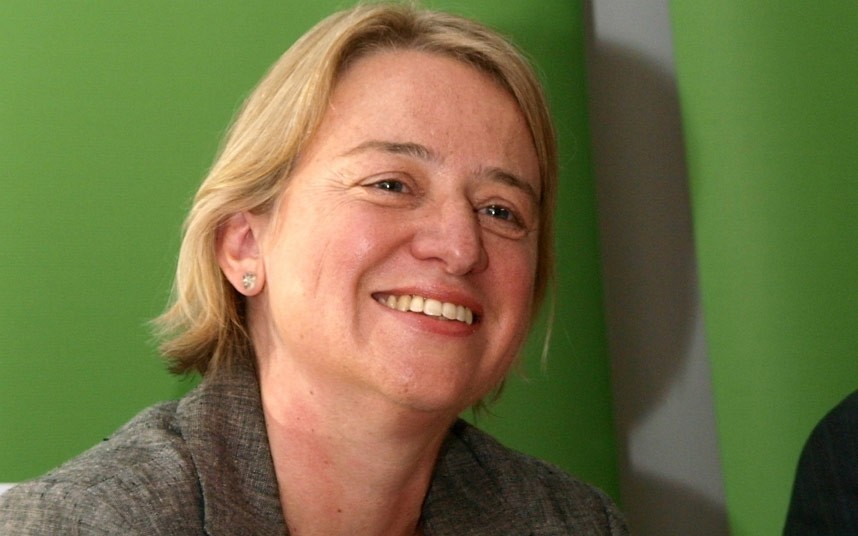┬áRecent weeks have seen controversy over the format of potential televised general election leader debates, after the broadcast regulator Ofcom initially suggested the Green Party did not have the ÔÇÿmajor party statusÔÇÖ of the Conservatives, Labour, the Liberal Democrats and UKIP. Green Party leader Natalie Bennett described herself as ÔÇÿdeeply disappointedÔÇÖ with the ruling, and has launched a campaign for inclusion.
This campaign proved successful as broadcasters amended their proposals. The latest suggestion is for at least one debate to include seven parties: the Conservatives, Labour, the Liberal Democrats, the United Kingdom Independence Party (UKIP), the Green Party, as well as Scottish National Party (SNP) and Plaid Cymru.
The amendment seems more responsive to developments in recent years, which has seen a fragmentation of the traditional two party system. The Green Party have been represented in parliament by Caroline Lucas since 2010, while UKIP have two MPs courtesy of two by-election victories in 2014. UK Polling Report currently has the Greens at 7%, behind UKIPÔÇÖs 15% but level with the Liberal Democrats. In Scotland, the SNPÔÇÖs popularity soared around the referendum campaign and is now posing a significant threat to one of LabourÔÇÖs heartlands. Here in Wales, Plaid Cymru has not had a comparable surge, but constituency polling has still been encouraging for them.
David CameronÔÇÖs response to the initial decision to exclude the Green Party was to indicate that he would refuse to participate in debates if Bennett was excluded. The broadcasters have now called his bluff, and at the time of writing he has not made a public reaction to the new proposals. If one thing certain it is that his backing of the Green Party was not a sudden rediscovery of the environmental credentials he jettisoned so readily once in office; there are many strategic reasons for him to avoid them.
With public perceptions of Ed Miliband overwhelmingly negative, Cameron would head into any debate as a firm favourite. From that position there is little to gain. Indeed, all Miliband would have to do is avoid a Rick Perry style meltdown (if you havenÔÇÖt seen it look it up- itÔÇÖs worth it) and heÔÇÖd come out of it well, resulting in questioning of the common assumption that Cameron is ÔÇÿmore Prime-MinisterialÔÇÖ.
This concern becomes more pressing when CameronÔÇÖs debating skills are analysed. Under pressure he is prone to getting flustered, often coming across short-tempered and unstatesmanlike. Getting the better of Miliband is no guarantee, and failure to do so would be massively damaging given the expectations. He was widely expected to get the better of Gordon Brown in the 2010 debates, instead Nick Clegg stole the show to begin the brief and long forgotten age of ÔÇÿCleggmaniaÔÇÖ. Many in the Conservative Party maintain that televised debates deprived them of a majority in 2010.
He is also wary of giving more exposure to Nigel Farage and UKIP, who have taken Conservative support more than any other party. Debates generally favour minor parties, as they benefit from the exposure of having an equal standing to the established parties. CameronÔÇÖs insistence that the Greens must be involved is primarily a tactic to avoid them altogether, but also shows an unwillingness to agree to debates in which he would be attacked by UKIP from the right but Miliband would have no similar attack from the left by the Green Party.
CameronÔÇÖs dislike of televised debates is well documented. In 2010 he felt they ÔÇÿsucked the lifeÔÇÖ out of the campaign, and he is likely to resist any attempt to have him share a stage with his rivals.
Televised debates rarely change election results. Serious mistakes are rare, politicians are generally so well coached that everyone comes out around where they started. But televised debates offer primetime exposure to parties in a way that can only be good for democracy. With the probability of a hung parliament high, smaller parties are likely to have significant input over who becomes our next Prime Minister, meaning opportunities to give them exposure should be encouraged. Televised debates have the power to raise public awareness and raise the standard of political discussion, but threaten to be hijacked by partisan interests in a way that is damaging to the democratic process.
By Louis Urruty








Add Comment